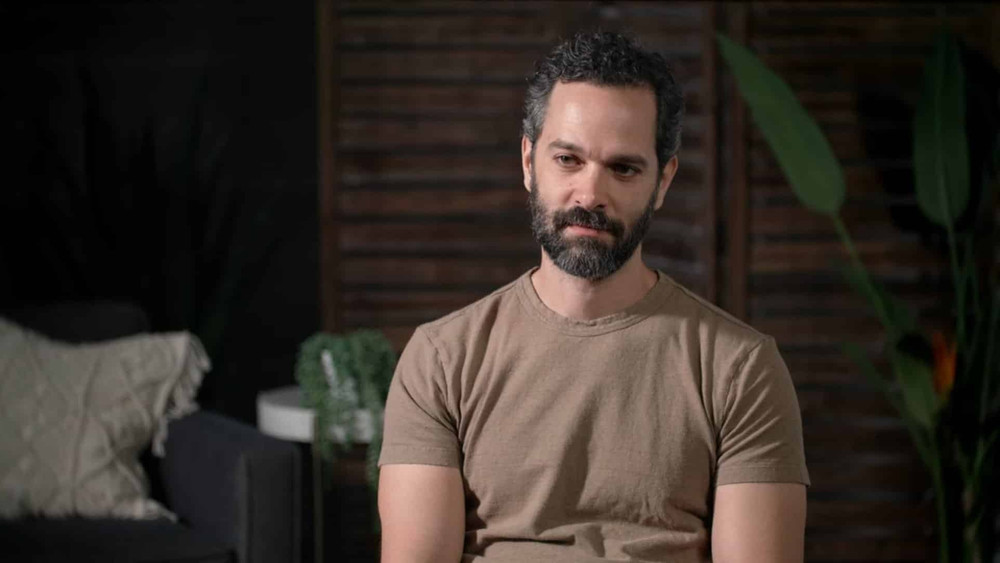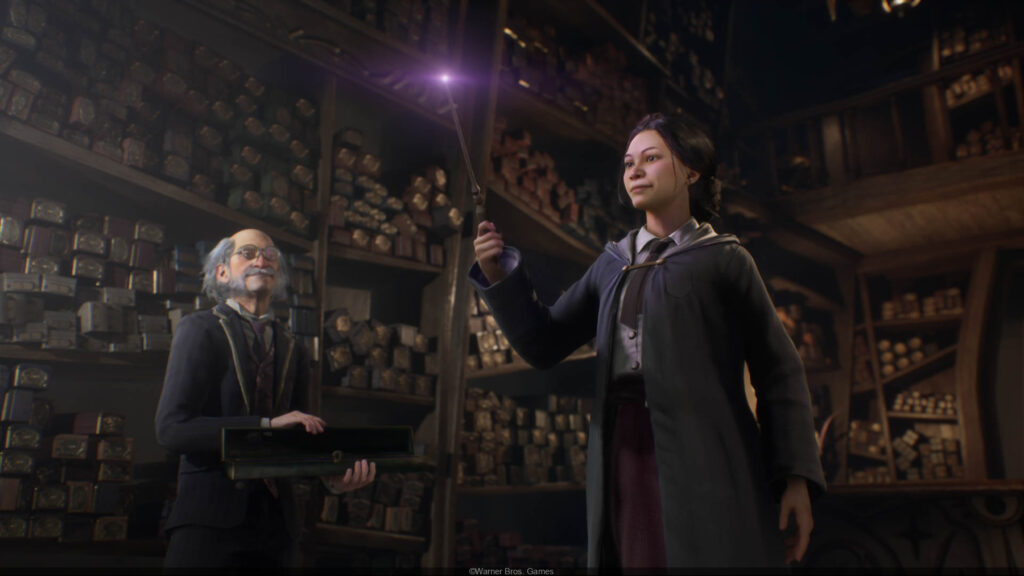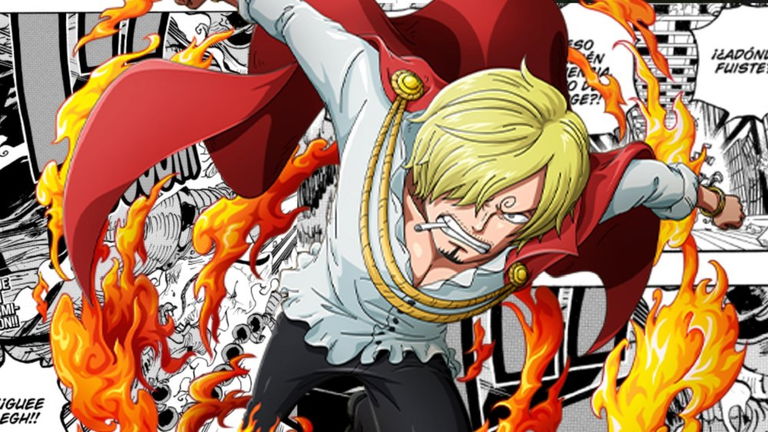Neil Druckmann was once considered one of the brightest minds in modern video game storytelling. As the co-creator of The Last of Us and Uncharted 4: A Thief’s End, he helped define an era of narrative-driven gaming that captured hearts and awards alike. His work elevated Naughty Dog into the pantheon of elite developers, and his influence stretched beyond video games when HBO greenlit a live-action adaptation of The Last of Us with him at the helm. Fans and critics alike hailed him as a visionary, a rare talent who could bridge the emotional power of cinema with the interactivity of gaming. But the sheen has worn off, and as of 2025, Druckmann’s trajectory no longer looks like a hero’s journey — but more like a cautionary tale.
The Beginning of Neil Druckmann’s Legacy.
To be clear, Druckmann’s early achievements were nothing short of remarkable. The Last of Us (2013) was a landmark title, lauded for its mature themes, emotional performances, and bold storytelling. It showed the world that video games could stand alongside movies and television in terms of narrative depth. Uncharted 4 was equally celebrated, a fitting end to Nathan Drake’s saga that blended blockbuster action with grounded character work. For a time, Druckmann could do no wrong. His star only rose when HBO brought him on as co-showrunner for the Last of Us series, a rare feat for a game developer in Hollywood. The first season was a critical and commercial success, with standout episodes and Emmy buzz that validated his vision.
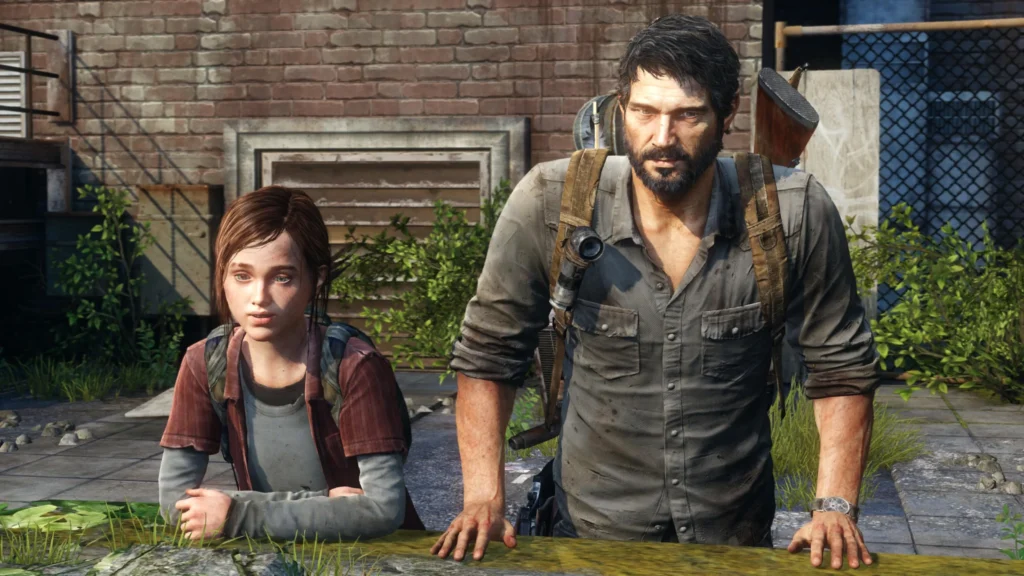
Neil Druckmann Legacy’s First Cracks.
But then something changed. The release of The Last of Us Part II in 2020, though commercially successful, proved to be divisive. Critics praised its ambition and technical excellence, but a large portion of the fanbase felt alienated by its narrative choices. The decision to kill off a beloved character early in the game and replace the player’s perspective with a new, unpopular protagonist sparked backlash. We, the community, felt the game pushed a message at the expense of the story’s natural evolution. While defenders saw it as bold and subversive, detractors saw it as arrogant and disconnected from the audience. Druckmann seemed increasingly unwilling to engage with criticism, often brushing it off as people who “didn’t get it.”
This disconnect only grew during his time at HBO. While the first season of The Last of Us was a success, reports from within the industry hinted at creative friction and an increasingly controlling approach from Druckmann behind the scenes. Showrunner Craig Mazin reportedly took on more responsibility than originally planned, and sources suggested Druckmann was more focused on maintaining “purity of vision” than collaboration. Fans noticed a shift in tone, with Druckmann becoming more distant from the gaming community that had once adored him. Instead of openness, he often presented himself as above the conversation, an auteur who didn’t need to explain his choices.
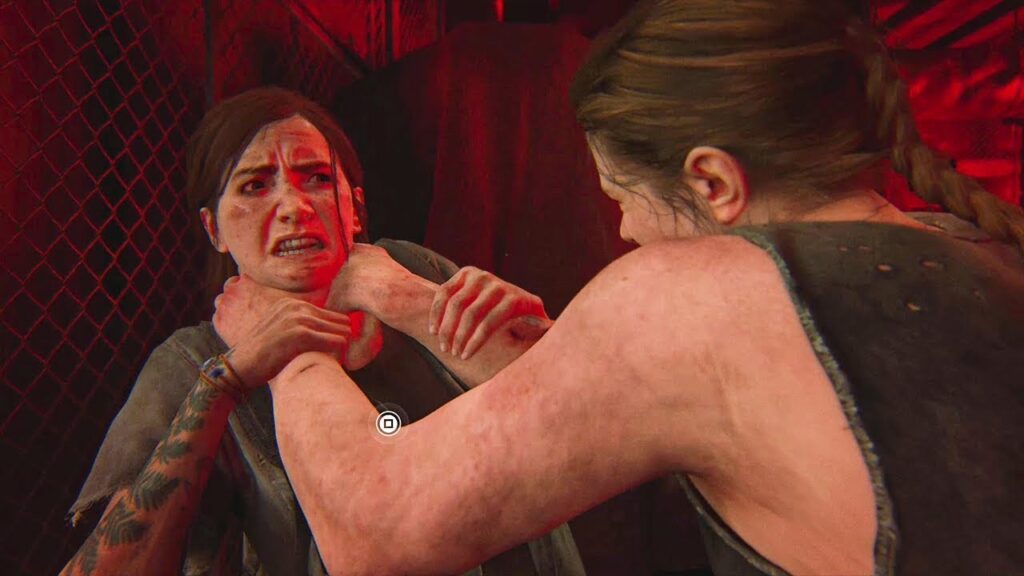
From Game Changer to Industry Outcast.
In 2025, Druckmann made headlines again — not for a new game or show, but for stepping down from the HBO team as development of The Last of Us Season 2 entered production. The official statement framed it as a decision to “focus on the next Naughty Dog title,” but few are buying that at face value. Insiders speculate that his departure wasn’t entirely voluntary and may have stemmed from internal friction with HBO’s production teams or the reception to recent creative directions. The optics of this move are not good. To many fans, it looks like Druckmann is retreating from criticism rather than confronting it. After all, stepping away from a successful show in favor of a game we know nothing about feels more like damage control than bold vision.
What’s worse is that Naughty Dog — once a powerhouse of output — has been largely silent since 2020. Multiple projects have been rumored, delayed, or quietly canceled. Their multiplayer Last of Us spinoff was shelved after years of anticipation. For a studio that used to release genre-defining hits every few years, this radio silence under Druckmann’s leadership is deafening. Questions about direction, leadership, and whether Druckmann is stretched too thin are now louder than ever. It’s one thing to be a visionary. It’s another to be a leader. And the latter seems increasingly in doubt.
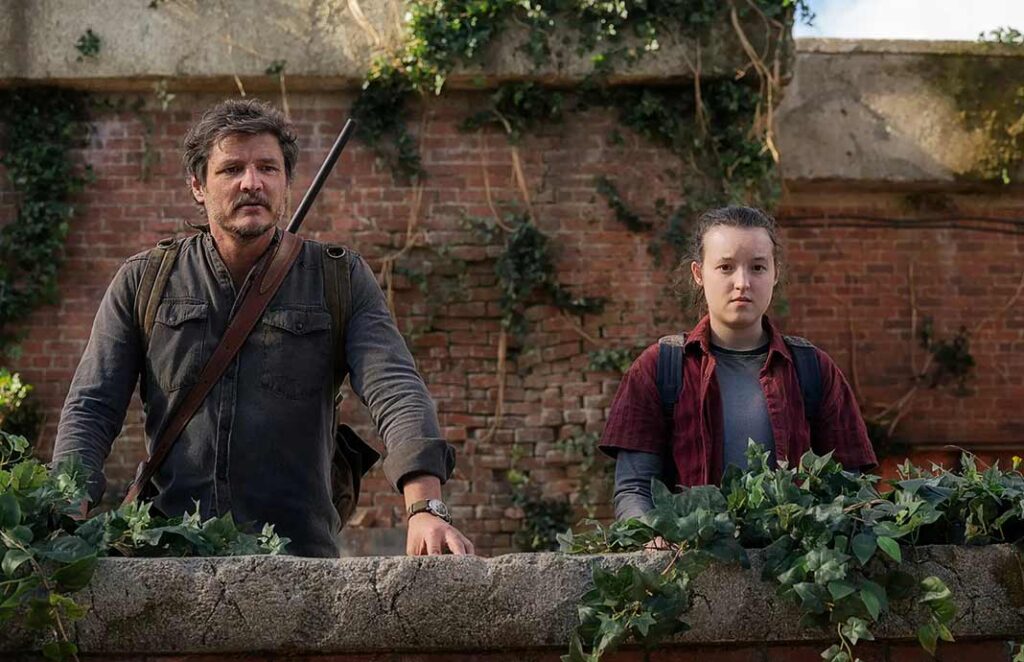
The End of Neil Druckmann Legacy.
Neil Druckmann was never supposed to become this kind of figure — one surrounded by doubt, disconnected from his audience, and no longer delivering the work that made him famous. He was the guy who made me and many more fans cry with Joel and Ellie’s journey, who brought human storytelling to a medium full of explosions and gunfire. But now, instead of building on that legacy, he seems to be hiding behind it. If Druckmann’s next game doesn’t deliver something truly groundbreaking, the narrative around him may be cemented: a once-great storyteller who lost the thread of what made his stories resonate in the first place.
In the end, the real tragedy of Neil Druckmann’s rise and fall isn’t just that he lost fans — it’s that he may have lost sight of what made him great in the first place. The humility. The empathy. The willingness to listen. Without those, even the best stories fall flat. And so far, that’s exactly where his tale is headed.
Now, if you think otherwise and can’t wait to get your hands on The Last Of Us Part I or II games, use our links right here. If you do get it, we get a commission and you support the site. Thanks in advance! Don’t forget to keep reading more CheckPointDaily articles.

